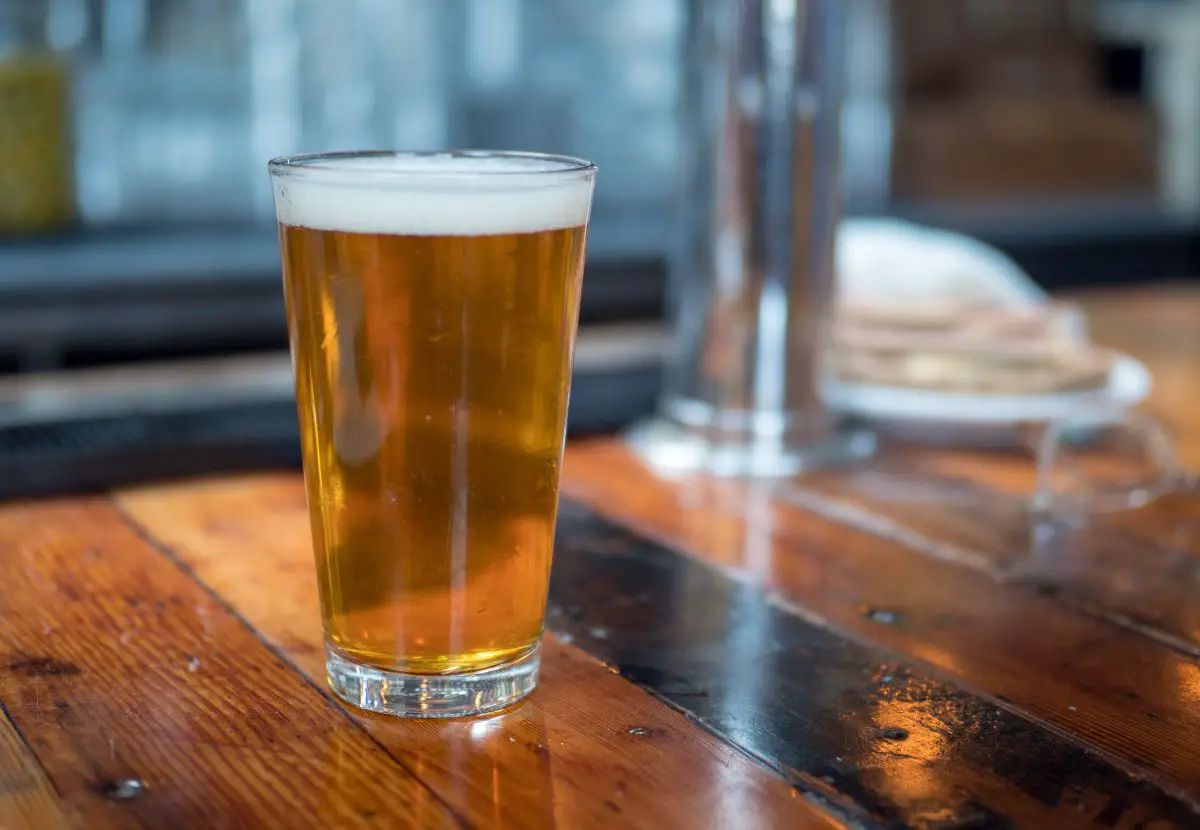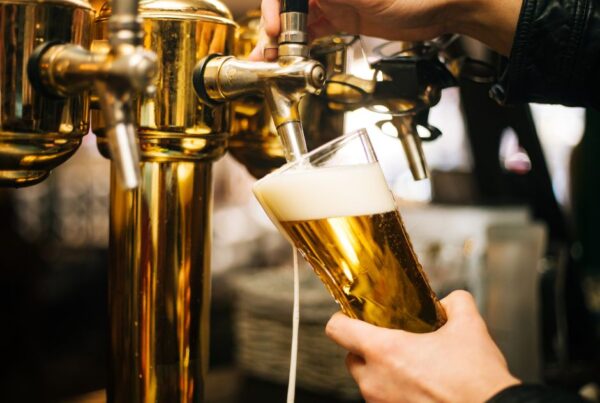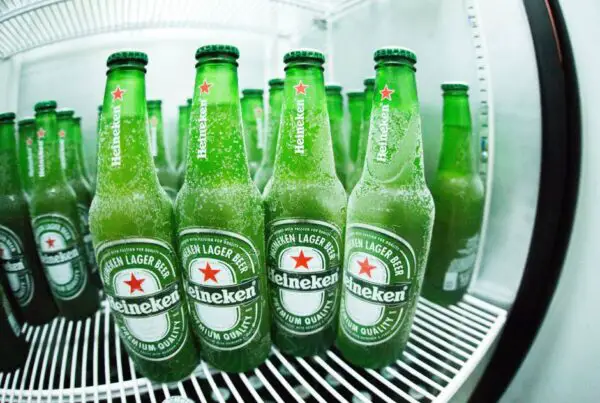What Does Gravity in Beer Mean?
What is Beer Gravity?
Don’t worry—we’re not planning an alcohol-fueled moon landing or a rapid unscheduled beer disassembly here.
When brewers talk about gravity in beer, they’re referring to the density of sugars in the unfermented wort. It’s an important part of the brewing process, and it impacts everything from alcohol content to flavor.
The gravity of beer comes in two forms: original gravity (OG) and final gravity (FG). The OG indicates the sugar content before fermentation, and the FG reveals it post-fermentation. The difference between the two helps brewers calculate the alcohol by volume (ABV).
Original Gravity (OG)
Original gravity is a measure of the total amount of dissolved solids, mainly sugars, before yeast is added for fermentation. Sugary wort is a feast for yeast cells—it’s their main source of sustenance.
Typically a number above 1.000, original gravity gives brewers an idea of the potential alcohol content the beer can reach. A higher OG means more sugars, and hence, more food for the yeast, resulting in higher potential alcohol content.
Final Gravity (FG)
Final gravity comes into play after the yeast has feasted on the sugars and fermentation is complete. At this point, the yeast has converted most of the sugars into alcohol and carbon dioxide, reducing the wort’s density.
FG is a determinant of the beer’s body or mouthfeel (texture). Lower FG typically yields a lighter, drier beer, while a higher FG often results in a sweeter, fuller-bodied brew.
What Does Beer Gravity Affect?
Taking gravity readings are important in brewing for two main reasons: tracking the fermentation process, and determining the strength of the beer’s alcohol content. Let’s look at the latter first:
Calculating Alcohol Content
By subtracting the FG from the OG and applying a specific formula, brewers can estimate the ABV of their beer. So if a brewer starts with an OG of 1.080 and ends with an FG of 1.020, they know they’ve got a brew with approximately 8% ABV on their hands.
Monitoring Fermentation
Gravity readings also help brewers track the fermentation process. If the FG stabilizes over a few days, it indicates that fermentation has completed.
If the gravity stops dropping too soon, it could mean there’s a problem with the yeast or the fermentation conditions.
Testing Beer Gravity
Brewers use a specialized tool called a hydrometer to measure beer gravity. A hydrometer is a simple instrument that floats at different levels in liquids, depending on their density.
As Grainger says, “It operates based on the Archimedes principle that a solid body displaces its own weight within a liquid in which it floats.” What’s important for us is that when you put it in wort, it gives a reading based on how high or low the wort floats, which translates to the gravity reading.
Gravity readings are temperature-dependent, so most hydrometers are calibrated to give accurate readings at specific temperatures—usually around 60°F (15.6°C). Brewers need to correct their measurements if the wort’s temperature differs from this.
The Pull of Beer Gravity
Well, we’ve navigated the deep eddies of beer gravity together, and look at that, you’re still standing (or more realistically sitting—preferably with a cold beer in hand).
Gravity isn’t just an abstract concept for the Neil Armstrongs, the Neil deGrasse Tysons, or even the Neil Diamonds of the world. It’s an important part of the brewmaster’s craft—less about falling apples, terrestrial tides, and orbiting planets, and more about, well… sugar.
So as we raise our beer glasses high (mindful of the literal and metaphorical gravity), let’s toast not only to the Neils of the world, but also to the brewmasters who skilfully manipulate gravity—achieving the perfect balance between sweetness and alcohol—creating the best beers on earth, or any other planet for that matter.






